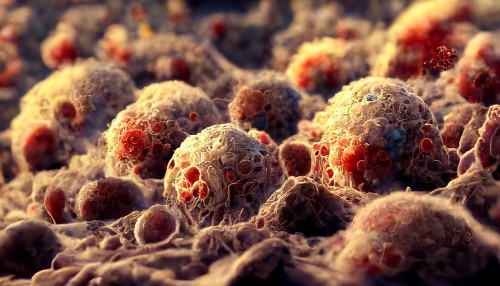WASHINGTON, DC - The main global initiatives by the two United Nations health organizations for cancer control and their implementation in Latin America and the Caribbean (LAC) will be discussed during a webinar scheduled for February 8.
 The Pan American Health Organization and the World Health Organization (PAHO/WHO) said that the “Goals and Challenges in the Fight Against Cancer: Global Initiatives in Latin America and the Caribbean” is being organised in commemoration of World Cancer Day.
The Pan American Health Organization and the World Health Organization (PAHO/WHO) said that the “Goals and Challenges in the Fight Against Cancer: Global Initiatives in Latin America and the Caribbean” is being organised in commemoration of World Cancer Day.
“The event will emphasize the specific goals and challenges faced in the fight against cancer in the different strategies, the Global Initiative for Childhood Cancer, CureAll; the Cervical Cancer Elimination Initiative; and the Global Breast Cancer Initiative.
“In addition, the importance of the “Latin American and Caribbean Code Against Cancer” will be highlighted, developed with the participation of more than 60 regional experts, which includes specific recommendations for cancer prevention adapted to the contexts of the region,” the organisations said..
It said the initiative will also highlight the importance of cancer registries and health information systems for the formulation, application and monitoring of health policies.
“This seminar seeks to strengthen the fight against cancer in the region, promoting effective collaboration and joint actions to achieve ambitious goals in the prevention, diagnosis and treatment of cancer, under the guidance of global initiatives and the innovative “Latin American and Caribbean Code Against Cancer,” they added.
Among the presenters will be Dr. Anselm Hennis , the PAHO Director of the Department. of Non-Communicable Diseases and Mental Health (NMH), Sarah Quesnel Crooks of the Trinidad-based Caribbean Public Health Agency (CARPHA), who will present a sub-regional case on the Caribbean Cancer Registry Hub Cervical cancer.
World Cancer Day will be observed on February 4 under the theme “For fairer care” and PAHO said it is joining this campaign with a call for everyone, collectively and individually, to commit to strengthening actions aimed at improving quality care, including screening, early detection, treatment and palliative care.


